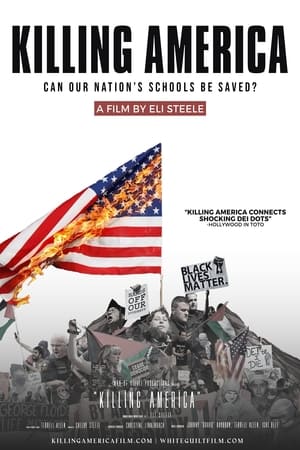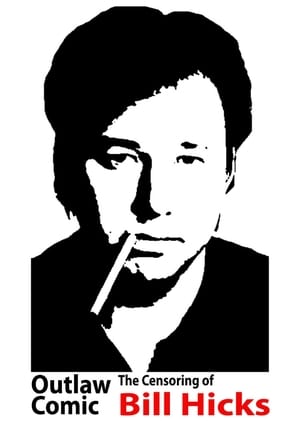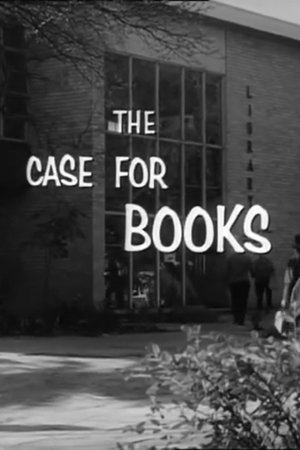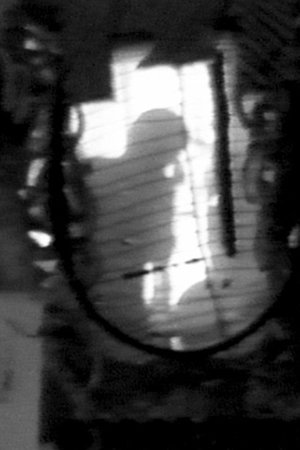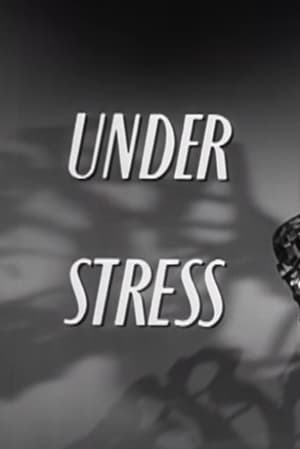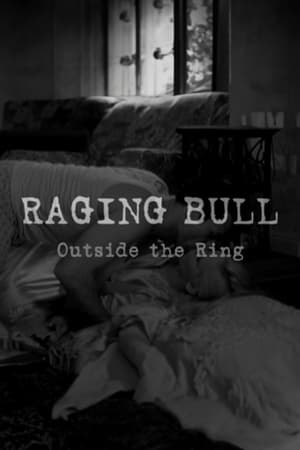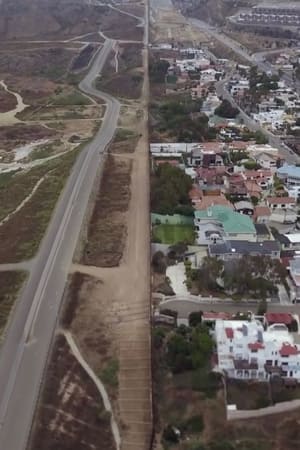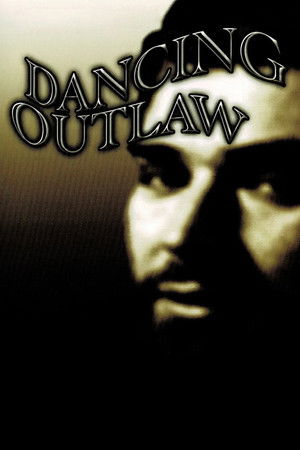Overview
The Nazi death camp at Sobibor was created solely for the mass extermination of Jews. But on October 14, 1943 the inmates fought back, in the biggest and most successful prison outbreak of the Second World War. Of the 600 inmates present on the day of the escape, 300 escaped. Around 50 survived the war and of that 50, only a handful are still alive. This is their last chance to reveal the true story of their escape.

 55 min
55 min
 0
0
 2014
2014
 USA
USA
